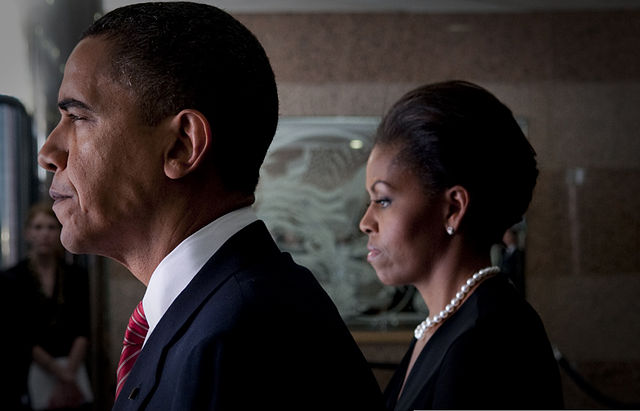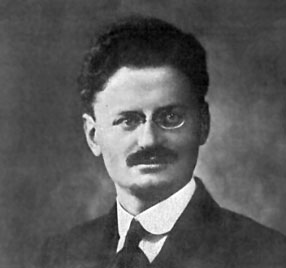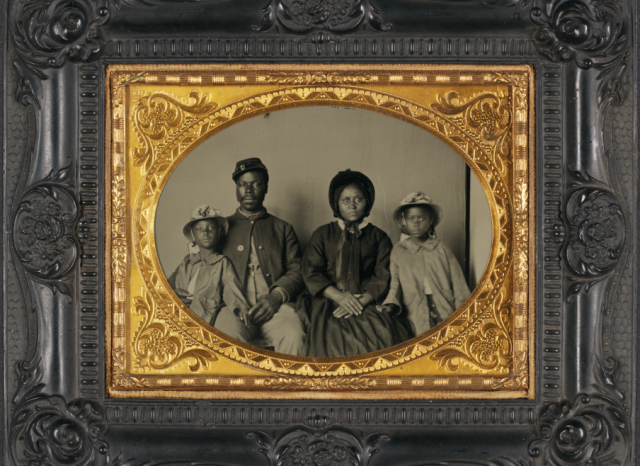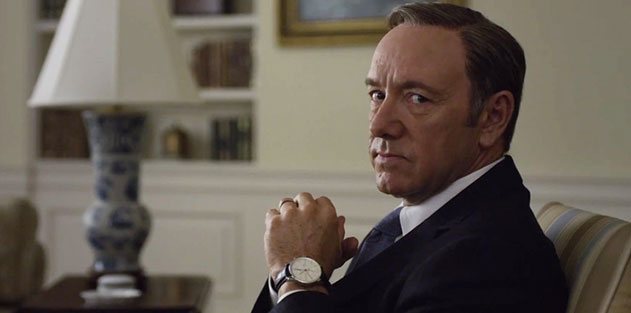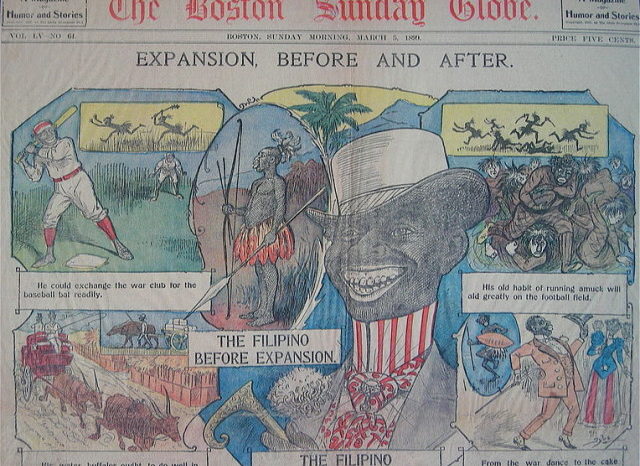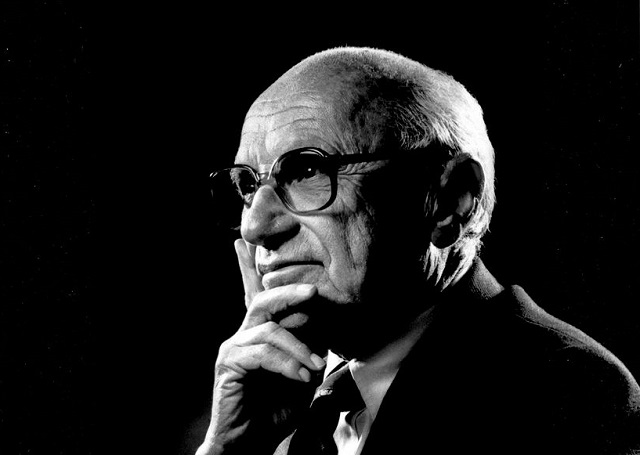On Vouchers In General and Particularly the 2014 All-voucher Arizona Push
Over the past year, I have received three glossy mailouts telling me that I can “enroll my child in private school for free.” The last one included the message, “Time is running out!” and added, “Is your child stuck in a failing school? Send them to a private school for FREE.”
Nothing is “for free.” Someone must pay.
I live in Louisiana, so this advertisement is tailored to my state:
Thanks to the Louisiana Scholarship Program, students attending a C, D, or F school– or entering Kindergarten– whose family meets income requirements, can get a scholarship to a private school of your choice– for FREE!
Ahh, but TIME IS RUNNING OUT, my friends!
As an additional lure, I am told that if I visit the Louisiana Scholarship Program website, I can “enter to win a $500 back-to-school shopping spree!”
It sure sounds like someone really wants to make it appear that vouchers (the undressed term for these “scholarships”) are more popular than they really are.
So, who is pushing this effort?
The card includes the following small print:
Paid for by the Alliance for School Choice
It should come as no surprise that Carrie (Walton) Penner sits on the board of the Alliance for School Choice (ASC), a group co-founded by the late John T. Walton.
As in Walmart Waltons.
The irony behind telling Louisiana residents that vouchers can save children from C, D, or F schools is that the Waltons are also huge supporters of charter schools (just look at the donations/ revolving credit they offer to charters based on their 2012 990). In Louisiana, the Waltons funded the OneApp open-application fiasco for the state-run Recovery School District (RSD)– a district of over 80% charter schools– most of which are rated C, D and F, even by the 2013 letter grade inflated manipulation (otherwise, there would not be so many C’s).
So, the Waltons are paying for advertisements to push vouchers that can “save” RSD children from the “failing” schools that the Waltons also push.
It’s just too rich.
ASC wields its influence nationwide, even offering model voucher legislation. (Sure sounds like the American Legislative Exchange Council (ALEC}, doesn’t it?)
For Legislators
The Alliance for School Choice supports several pieces of model legislation. Download these bills to see how school choice can work in your state.
One such “piece” is the Education Savings Account Act:
Education Savings Account Act
This bill creates an education savings account program that allows parents to use the funds that would have been allocated to their child at their resident school district for an education program of the parents’ choosing. Download the Smart Start Scholarship Program (PDF).
The ESA is a sneaky piece of legislation known as a “backdoor voucher”– if a state’s constitution prohibits use of public funds for directly paying for private schools, ESA “backdoors” it by circumventing direct payment of public funding to private schools and instead uses the parent as the middleman.
Such is occurring in Arizona via the “Arizona ALEC,” the Goldwater Institute. As Arizona reporter David Safir notes,
The Goldwater Institute came up with the idea for ESAs as a second workaround (the first is our tuition tax credit law) to make vouchers legal in a state where the constitution prohibits the use of public money for religious instruction. (Did you know over 70% of Arizona’s private schools are religious?) The term of art for this kind of legislation is “backdoor vouchers.” In 2011, Arizona’s Republican-dominated legislature passed the ESAs into law for a limited number of students. In 2013, more students were added, and if a new bill passes this session, half of Arizona’s school aged children will be eligible for the taxpayer-funded private school vouchers. The conservative’s ultimate goal is vouchers for all.
Of course, ASC is available to promote vouchers in Arizona– with the help of none other than Arizona State Superintendent John Huppenthal:
The Alliance for School Choice, a Washington, D.C., agent of the vast privatization/corporate complex, put together a script for a [February 2014] robocall to go out to Arizona parents whose children qualify for the ESAs. Huppenthal lent his voice to the robocall. Actually, he lent more than his voice. He lent the power and authority of his office to the message, making it sound like an official public service announcement. Huppenthal’s call sent interested parents to a website about ESAs created and funded by — get ready for it — the Goldwater Institute. And so the private-to-public-to-private-to-public-to-private cycle that begins and ends with the Goldwater folks comes full circle. [Emphasis added.]
And The Republic adds,
State Superintendent of Public Instruction John Huppenthal caught some heat last month for recording a series of robo-calls promoting the ESA program and suggesting parents can use it to send their children to private schools for free.
Huppenthal’s staff worked with school choice lobbyist Sydney Hay to develop the wording for the calls, according to e-mails ProgressNow obtained. Huppenthal went ahead with some wording despite concern from his staff, including over referring families to a Goldwater Institute website for more information.
The calls went out to 48,000 qualifying families, according to the e-mail correspondence.
Pro-privatizing superintendents love vouchers. Louisiana Superintendent John White and his boss, Governor Bobby Jindal, have been pushing them hard in Louisiana– despite a record of embarrassingly low test-score yield and miserable oversight.
One issue is clear: A goal to fund an “all voucher” system would seriously cripple or kill public education.
In the case of Arizona, where voucher money is debited to parents via voucher bank accounts, there’s the question of the bloated bureaucracy necessary to adequately monitor proper spending of the voucher disbursements.
Whereas Arizona voucher proponents assert that vouchers save money because of a lower voucher disbursement as compared to the cost of having the student attend public schools, not all costs appear to be accounted for– not the least of which is the bureaucracy noted above.
Yet Arizona– already home to a charter school bonanza that nourishes corporate greed– is fast-tracking public school destruction in the form of an expanded voucher program during the 2014 legislative session:
[Arizona’s] Empowerment Scholarship Account program was, at the start of this school year, scheduled to disperse $10.2 million to 761 students. If expanded as proposed, the 3-year-old program could within the next five years apply to more than 28,000 students and strip more than $374 million a year from public and charter schools, based on the current average cost.
The goal is to eventually expand the program to the state’s more than 1 million public and charter schoolchildren. …
The [Arizona] Legislature started the session with six bills proposing to expand ESAs in various ways. Three are still advancing.
House Bill 2150, which passed the House and moves to the Senate, would allow the children of military personnel killed in the line of duty to participate. The bill is scheduled for a public hearing Thursday before the Senate Education Committee.
Senate Bill 1236 and House Bill 2291 are identical bills, which puts them on a fast-track. They each need a committee of the whole and a final vote in their respective chambers and then would be combined and sent directly to Gov. Jan Brewer.
The bills propose to gradually expand who is allowed to participate in the program.
Next school year, the children of police officers, firefighters and emergency medical technicians could participate, as could siblings of children who already use ESAs.Starting with the 2016-17 school year, children whose family income qualifies them for the federal free or reduced lunch program could participate. Each year after, it raises the qualifying family income by an additional 15 percent until all families qualify.
While the proposed expansion could cost public and charter schools hundreds of millions of dollars each year as parents move children into private schools, it also carries an increased cost to the state due to the funding formula for certain students.
According to legislative staff, expanding the program under HB 2291 or SB 1236 would cost the state an additional $46,100 in fiscal 2016, $3.5 million in fiscal 2017, $7.6 million in fiscal 2018 and $12.5 million in fiscal 2019. [Emphasis added.]
It amazes me how privatizers push for complete privatization– unbridled market force– without conducting any kind of small-scale run-through to see where major problems might arise.
And major problems will arise.
Did we learn nothing from the economic crisis of 2008 regarding the vulnerability of the so-called “free market” to the ever-lurking forces of unbridled greed and high-powered excess?
As to the push for a full-voucher education system in Arizona: What of that disbursement and accountability bureaucracy necessary to adequately handle an all-voucher system? Is there enough money for an all-voucher system– for both vouchers and bureaucracy? Will the Arizona education system bankrupt itself on voucher “choice”? Is it even possible to monitor the quality of education for individual students for such a large-scale voucher program? Who will ensure that students are actually receiving an education? Has no one considered the possibility that some parents might submit beautiful quarterly receipts yet not be educating their children?
And what of the parents who reject vouchers– who actually want a community public school?
Are we to pretend that such individuals do not exist?
Have they no choice?
Consider Milwaukee– a city that has been trying to succeed at vouchers for decades. The Walton-funded University of Arkansas Department of Educational Reform has promoted Milwaukee as evidence of voucher success, but that label only works when viewed through a certain Walton-funded lens.
Milwaukee’s voucher program demonstrates that when offered voucher choice, at least half chose to forego the “scholarship” and leave the voucher school.
Where did they choose to go?
The Milwaukee study in question did not detail exactly where students went once they left the voucher school.
I’m guessing that many returned to their neighborhood public schools.
A neighborhood public school– now there’s a novel idea.
EDITORS NOTE: The featured photo is under the terms of the GNU Free Documentation License, Version 1.2 or any later version published by the Free Software Foundation; with no Invariant Sections, no Front-Cover Texts, and no Back-Cover Texts. A copy of the license is included in the section entitled GNU Free Documentation License.





